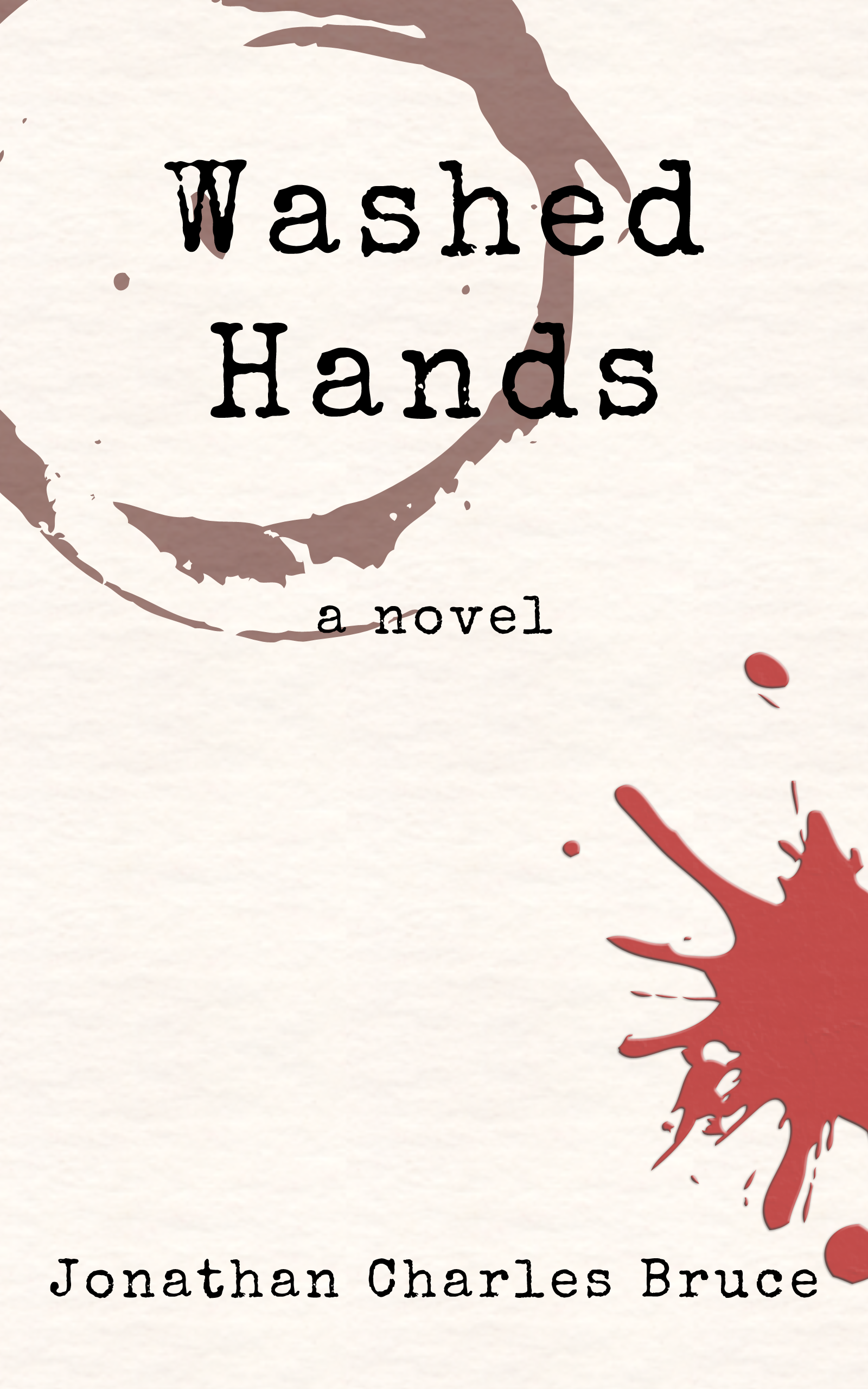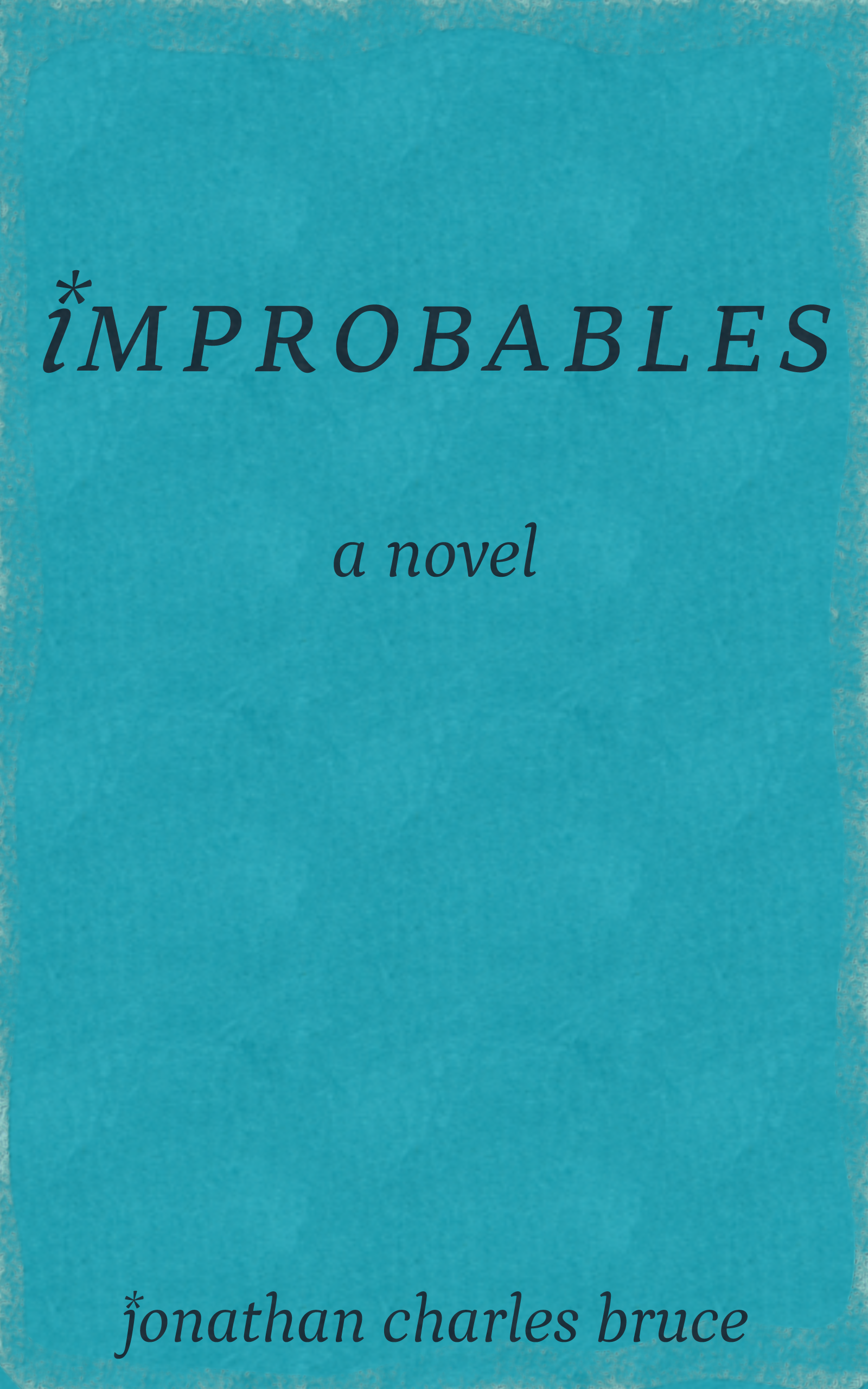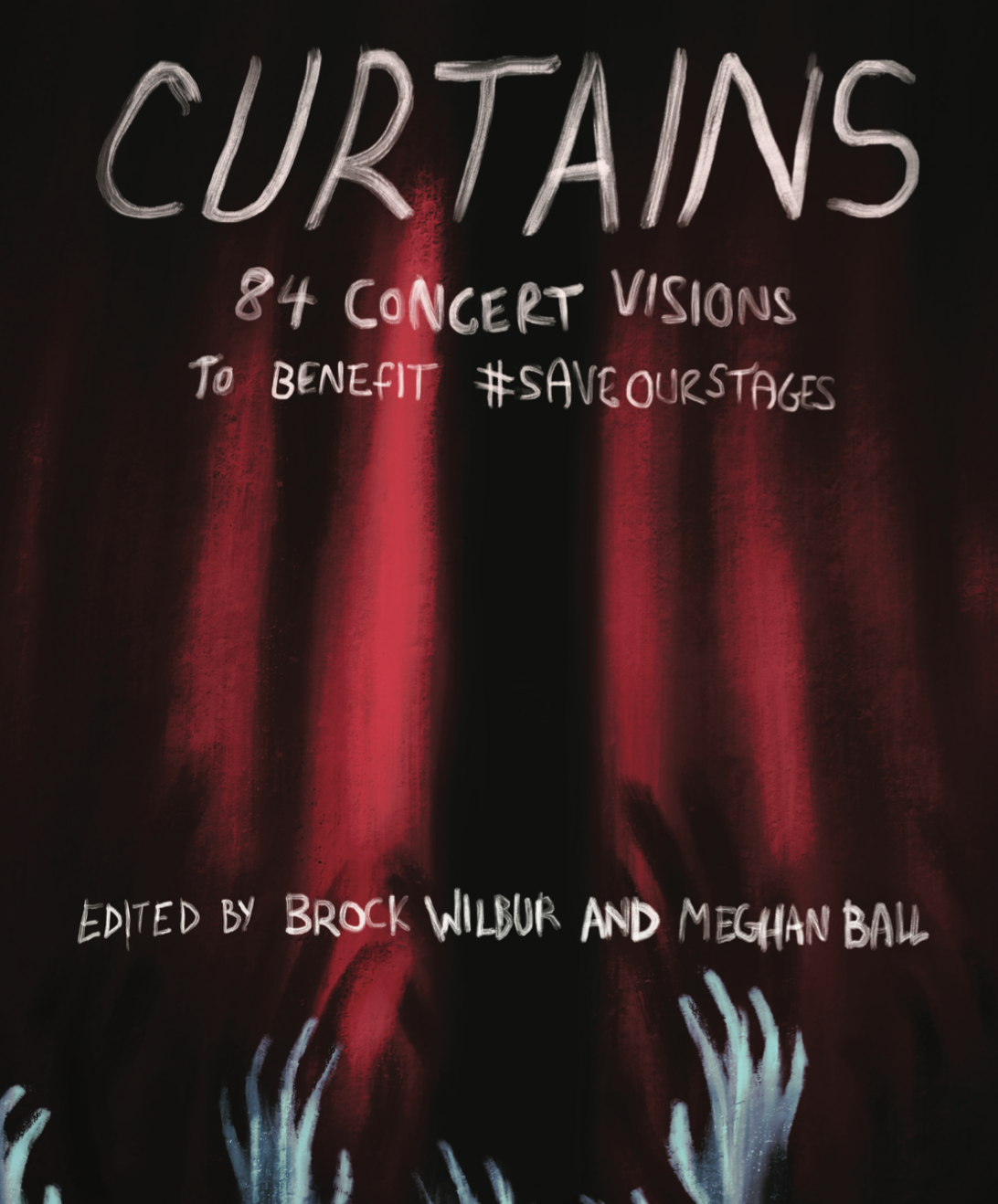Otherworld: Infinite Requiem
Objectives
Hello, friends! Today we will be again talking about the Otherworld board game! Specifically, we will be talking about the objective system and how it works to create at least semi-unique narratives for the players.
The Concept
I can’t speak for every board game out there, but a lot of the co-op games tend to revolve around a singular goal that unite the players. Things like Pandemic want you to save the world from a… um… pandemic. Last Night on Earth gives you multiple scenarios, but all human players work toward a singular goal and the zombie players try to stop that. Arkham Horror pits you against horrible beasts that your team is united to stop.
The point that I’m making is not that this is a bad way of doing things, but it presumes that characters wouldn’t necessarily have ulterior motives or even just parallel ones. People can work together but not like each other or prefer to lend their assistance from the shadows as they get their own business taken care of. Cooperative games exist in an unusual space where we understand the rules and typically want to help, namely because the team wins and loses as one.
But what if a co-op game existed where you are expected to work together, yet there is motivation for selfishness? What if assisting another person would cause you more harm than good in a handful of turns, yet not helping would bring them disaster immediately? What if the assistance you provided at the beginning of the game makes you a target for another player as their own priorities shift?
So I have the objective system.
Each player character will have a total of five core objectives to complete in game. There is some flavor text (or ‘lore’, if you prefer) which tells you the motivation to go searching through the unnatural night. Unlike other games, which require random card drops and can screw you over before you even begin, the game’s maps have ‘hot spots’, which are locations that can be investigated for gear and/or objectives. Completing one objective will unlock the next.
In addition, there are the terminal objectives, or essentially the finale of your character’s story arc. This sixth objective will typically find your character facing off against a particularly powerful greater aberration. Alternatively, if your character suffers from the corruption of the Otherworld, they collect a corrupt terminal objective instead; this pits your character against all the other players in some specific capacity, whether as a murderer, a kidnapper, or other.
Speaking of corruption, as you take corruption damage, you’ll draw additional objectives that will negatively impact your character if left unfulfilled. Nullifying these cards will require you to do something unpleasant to other players; being cavalier about diminishing your corruption will make it harder for others to trust you, but being hampered by things like status effects make your ability to contribute or complete your own objectives substantially more difficult.
There are also random events that will occur throughout the game. These will be covered in another post. This is mostly because I am exceedingly midwestern and am terrified of taking up too much of your time, especially since these cards will impact the story (or at least the gameplay) much the same way as corrupt objectives do, just differently.
So… um… best to stay on topic?
Sean's Very Bad Day
I would like to introduce you to Sean Graham.
Spoiler: He's kind of a dick!
Sean is a middle-manager type who really hates his job. He lives for the weekend, where he can get blackout drunk and play sports, though definitely not in that order. Or maybe in that order… if we’re being honest, he and I wouldn’t quite get along.
Sean begins the game in one of the more dangerous portions of the city, The Chasm. As such, his first major act will be to find another person or a heavy enough weapon for adequate protection. So far, so average preparing-for-horrible-creatures-who-want-to-eat-you.
After the initial objectives are cleared, Sean turns to the main goal of trying to endure the Otherworld.
I am actually in the process of finishing up the Motel. It's kind of gross.
Sean is exactly the kind of corporate drone who would willingly look the other way when something illegal is going on right next to him. He’s also precisely the kind of person who would take advantage of chaos to get a piece of said illegal action. As such, while the others are persuing personal quests or revenge or doing their job, Sean is already plotting for life beyond the fog.
After some investigation and fighting and more investigation and narrow escapes, Sean will unlock his terminal objective.
Yeah, kill the... wait, what?
Oh, look at that! Not only will he have to confront a monstrosity that literally personifies blind ambition…
Subtlety is for nerds.
… he realizes that his general shittiness has powerful impacts on the world around him. Keep in mind, however, that this is essentially his ‘good’ ending arc. Sean is still very much Sean, and if he ends up corrupted, well…
Ah, there it is.
That’s right! He will need to make sure he kills every last player character who helped him in his scheme. Occasionally, the ‘corrupted’ objective will end up being a more accurate portrayal of the character in question, while the original flavor represents a significant growth of personality. It changes depending on the character, and how each one plays out will vary from game to game.
It also depends on how much corruption you have!
Corruption
As you progress through the game, you will encounter all kinds of nasty things that may leave you physically unharmed, but will take a toll in other ways. This is represented in game terms as ‘corruption’, the darker impulses of human nature. Once you’ve reached a certain threshold of corruption, you will take corruption damage and be forced to take a corrupt objective. Corrupt objectives can be shared amongst others, but it’s probably better if you don’t.
For reasons which should be readily obvious.
Corrupt objectives behave in a manner similar to your regular objectives, with one major caveat: as long as they are unfulfilled, you will be negatively impacted in some way. Depending on how you play a character, this may not be as harmful as it could be, but invariably it will serve to limit your capacity to respond to developing situations. In this case, having the permanent ‘Exhaustion’ status prevents you from running without taking damage. As enemies get tougher and there are greater numbers of them, your ability to escape or find resources is substantially diminished.
To complete a corrupt objective, you will be required to do something to the other players. In some cases, it is dickish, but relatively benign. In this case, consciously abandoning or otherwise not bothering to help someone in combat is not potentially life-threatening depending on the scenario. Other examples aren’t so kind…
I am not happy unless I know I've ruined someone's friendship.
In one of the cruelest examples here, the corruption damage effectively takes a player and removes all of their unique traits. The only way out is to pick another player and permanently disable one of their unique traits by occupying their space and rolling high enough. Since this act is overt, other players will immediately suspect something is up, making cooperation difficult if not impossible. On top of that, the long-term consequences of such an action could mean your survival at the cost of someone else’s.
As you can see, the main objectives aren’t necessarily directly influenced by these objectives, but the interpretation can be altered each time you play. The idea isn’t to just craft a specific story trail to follow, but to create an experience unique to the player every time they play. The dynamics of every group are different, and a single event can alter who gets to the finish line and who gets to die in a gutter.
How fun!
< PREVIOUS ENTRY • NEXT ENTRY >
Advice • Fiction • Gaming • General Musings • Reviews












